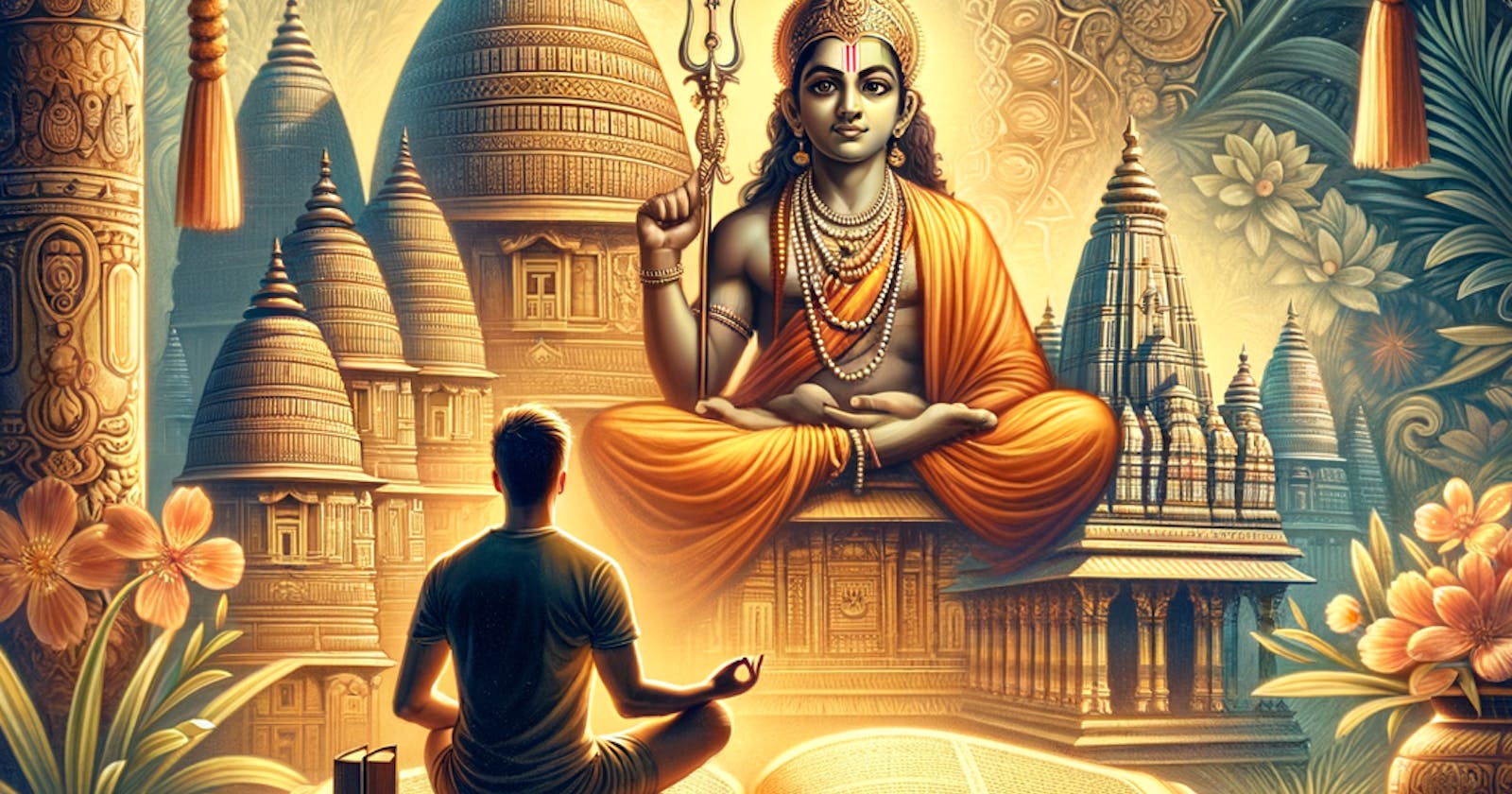The Ramayana, one of the revered ancient Indian epics, is a narrative that delves into the core principles of righteousness, duty, and morality. The concept of the five main pillars of the Ramayana provides a structured framework to understand the epic's key teachings and values. These pillars encompass various aspects of life and governance, making the Ramayana not just a story but a guide for virtuous living. For conducting a puja in Ayodhya(Ram Janmabhoomi) visit dharmikapp.in . Now let's explore each pillar:
Dharma (Righteousness and Duty):
The Ramayana is a profound exposition of dharma, emphasizing the importance of righteous conduct and fulfilling one's duties.
Lord Rama, the central character, exemplifies the ideal king, son, and husband by unwaveringly adhering to his dharma in various roles.
Modern life Application: In a world rife with moral dilemmas, navigating the path of righteousness requires conscious choices. Upholding personal and professional ethics becomes our modern-day dharma. Whether in the workplace or at home, honoring commitments, respecting diversity, and practicing empathy are integral to living a life aligned with dharma
Maryada Purushottam (The Perfect Man):
Lord Rama is revered as the Maryada Purushottam, the embodiment of the perfect man who upholds ethical standards in all circumstances.
His unflinching devotion to dharma, commitment to truth, and compassion towards all beings make him an ideal role model.
Modern life Application: Striving to be a Maryada Purushottam in today's world involves embodying integrity and virtue. Emulating Rama's commitment to truth and justice, we can foster a culture of transparency, honesty, and accountability in our interactions. Balancing responsibilities and displaying leadership with humility becomes the hallmark of the modern perfect individual
Bhakti (Devotion):
The Ramayana is infused with the theme of devotion, particularly through the character of Hanuman, who wholeheartedly dedicates himself to Lord Rama's service.
Hanuman's unwavering love and devotion symbolize the transformative power of bhakti, inspiring millions in their spiritual journey.
Modern life Application: While we may not embark on epic quests, infusing devotion into our lives can bring profound meaning. Just as Hanuman dedicated himself to Rama, channeling passion and dedication into our pursuits – be it work, relationships, or personal growth – creates a sense of purpose. True devotion lies not only in rituals but in heartfelt commitment to our chosen paths.
Karma (Action and Consequences):
Karma, the law of cause and effect, is a central theme in the Ramayana. Characters face the consequences of their actions, emphasizing the moral responsibility inherent in every deed.
Sita's abduction, Ravana's actions, and the subsequent events illustrate the intricate web of karma and its repercussions.
Modern life Application: The principle of karma remains as relevant as ever. Understanding that every action has repercussions prompts us to make ethical choices. Whether in our ecological footprint, online behavior, or professional decisions, being mindful of our karma ensures that our actions contribute positively to the interconnected web of life.
Moksha (Liberation):
The Ramayana hints at the spiritual path leading to moksha (liberation). By following dharma, individuals strive for spiritual evolution and ultimate liberation from the cycle of birth and death.
The characters' journeys, particularly Rama's, underscore the transformative nature of life's experiences on the path to spiritual freedom.
Modern life Application: In the pursuit of material success, the quest for spiritual liberation often takes a backseat. However, incorporating moments of introspection, mindfulness, and gratitude into our daily lives can be transformative. Seeking liberation from the rat race and finding contentment in simplicity is a modern interpretation of the path to moksha.
These five pillars collectively form the moral and philosophical foundation of the Ramayana. The epic serves not only as a narrative of historical events but also as a guide for righteous living, ethical governance, and spiritual awakening. The teachings of the Ramayana continue to resonate across cultures, offering timeless wisdom and inspiring individuals on their personal and spiritual journeys.
As we navigate the complexities of the 21st century, the Ramayana serves as a guidepost, illuminating the path to virtuous living. By embracing dharma, aspiring to be Maryada Purushottam, infusing devotion into our endeavors, understanding the karmic consequences of our actions, and seeking liberation from the mundane, we can find timeless wisdom in this ancient epic. Let the spirit of the Ramayana inspire us to lead lives of purpose, integrity, and fulfillment in the modern world.
Get closer to peace and righteous path by spiritually connecting with Ayodhya through dharmikapp.in

